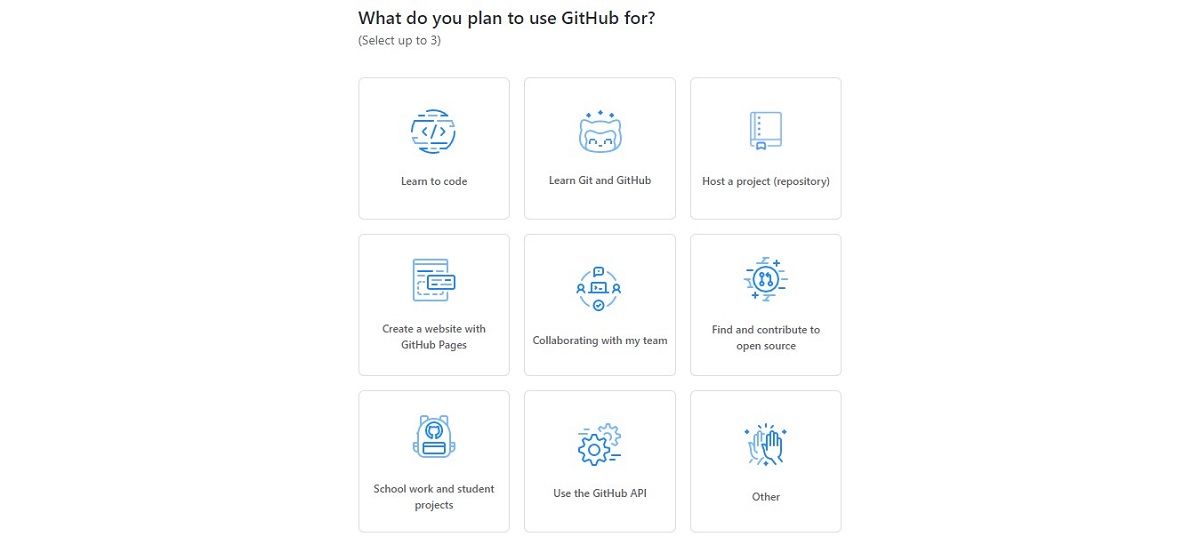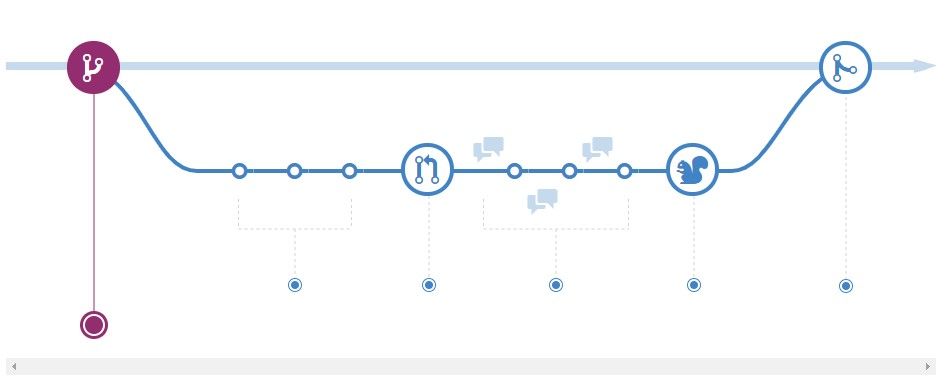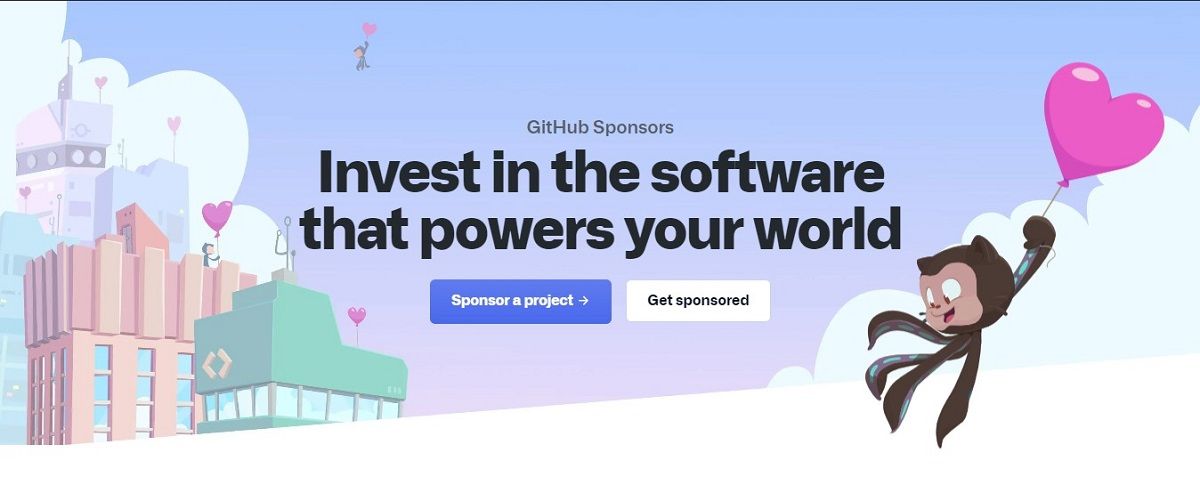If you want to get (more) into coding and development, you've probably heard about GitHub. The platform has a lot of helpful features and tools and a great online community, but getting started can be intimidating.
Let this article be your beginner's tour of the basic features and resources available on GitHub.
What Is GitHub?
GitHub is a platform for hosting, storing, and editing code. Individuals use it to host small websites, organize projects, and collaborate with teammates and community members. The platform is built around "Repositories" used to organize code for single projects.
Organizations use GitHub to share code and collaborate on projects internally, or to publicly post open source projects.
Individuals and organization members alike benefit from GitHub's massive community of creators. GitHub creators borrow inspiration and ideas from one another and help each other to solve problems.
GitHub even has a sponsorship program so that funders that find open source projects that they are passionate about can contribute to the individual or organization behind it.
Benefits of GitHub Code Hosting
You can use GitHub to host simple websites for free instead of paying for web hosting elsewhere. This saves you money and gives you more control over your website. However, that isn't the only thing that its code hosting is good for.
GitHub allows you to post code for use or for consideration by other GitHub users. This can be used for remote collaboration with people that you know, or to source inspiration and expertise from users you haven't met. You can also maintain different versions of a piece of code for ongoing testing and development.
More than that, not only individuals and small groups use GitHub. When you read of a company or organization "open sourcing" a project or design, that often means that the code behind it is available on GitHub to just about anyone. That code can serve as a valuable jumping-off point for creating your own applications.
Benefits of Joining the GitHub Community
Users on GitHub don't only interact through one another's code. There is also an aspect of the platform similar to social media sites. If you select a few interests, GitHub recommends posts by other community members. You can also follow other members and browse "trending repositories."
As of this writing, GitHub has over 55 million users regularly interacting with the platform. In addition to their question-and-answer forum, GitHub is also currently running a beta of a "Discussions" tool that will make the site even more social and collaborative.
Using GitHub for Organization Storage and Workflow Management
If the idea of collaborating on code sounds good but the idea of having your code available to everyone doesn't, there is a middle ground. Forming an "Organization" on GitHub lets you share repositories with other users and manage their access on a case-by-case basis. In this way, having an organization on GitHub is similar to having a shared Google Drive.
You can also create "Teams" within GitHub organizations. This allows you to set tasks and reminders similar to dedicated workflow platforms.
The GitHub Sponsors Program
GitHub is more about giving a helping hand than serving as a crowdfunding site. However, you can help fund other projects and try to get your own projects funded through the GitHub Sponsors program.
GitHub encourages users to sponsor open source projects that they use, often without realizing it, and to sponsor individuals that want to contribute to open source projects instead of projects within companies. There are even developers on GitHub who hope to create open source content sustainably as their main or sole line of work.
As of this writing, anyone can sponsor a project, but only developers living in supported regions can get their projects sponsored.
How Will You Use GitHub?
Anyone can use GitHub's hosting tools and organizational features to organize and host their own project. However, community features and the sponsorship program give passionate users a bigger way to contribute to the open source ecosystem.
For the experienced developer, GitHub is a great way to contribute to the space by sharing work and expertise. For the beginning and aspiring developer, getting started on GitHub is a great way to learn more about coding and hone your skills within a dedicated and supportive community.




